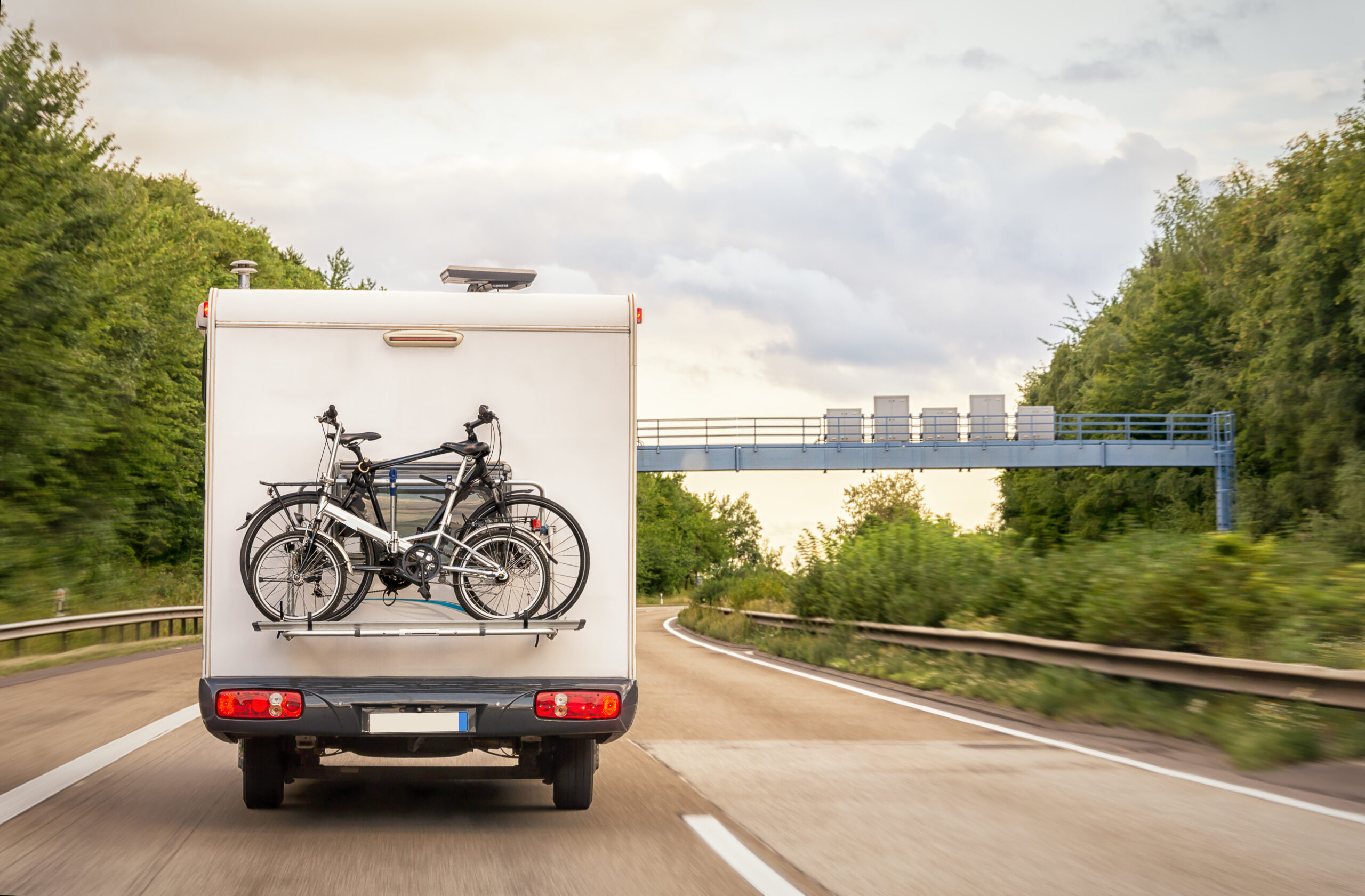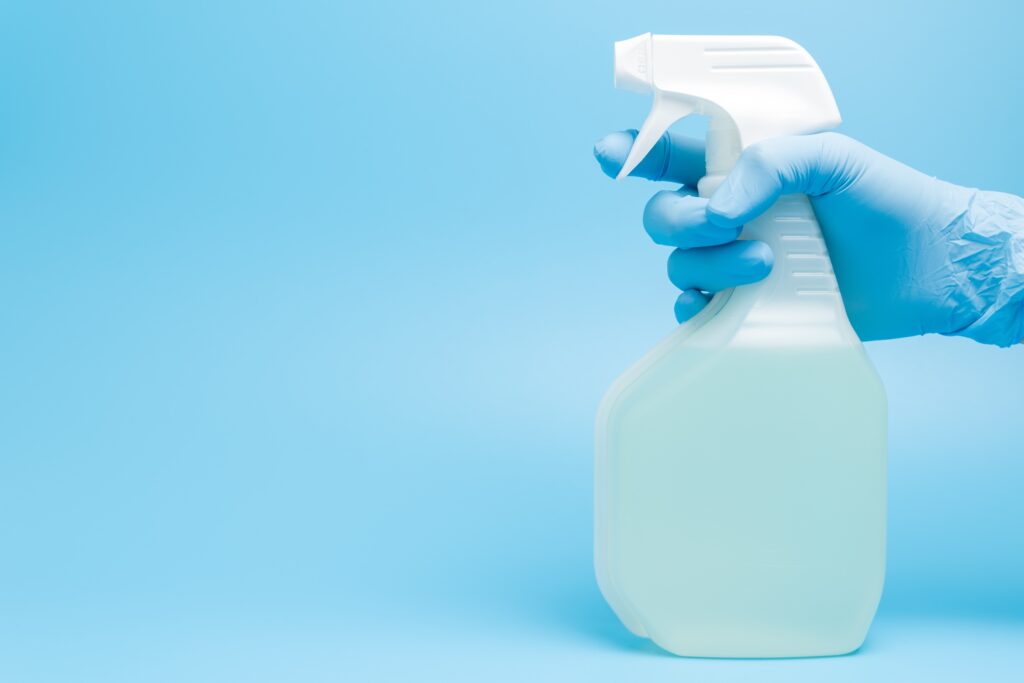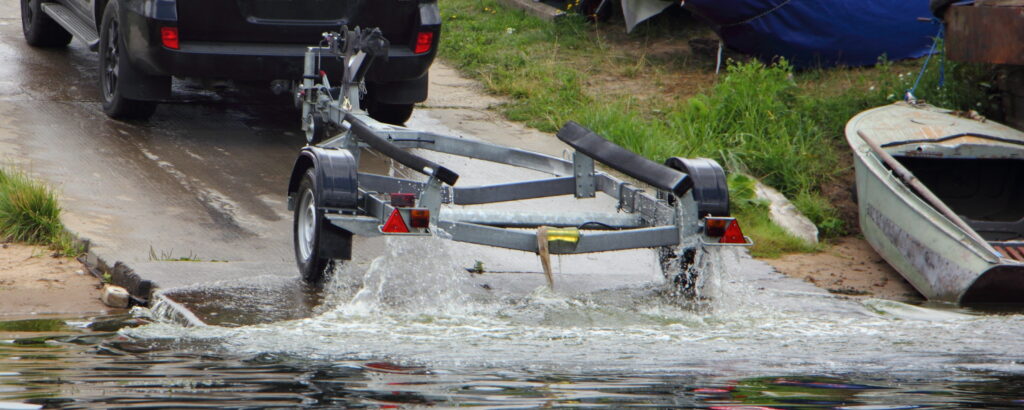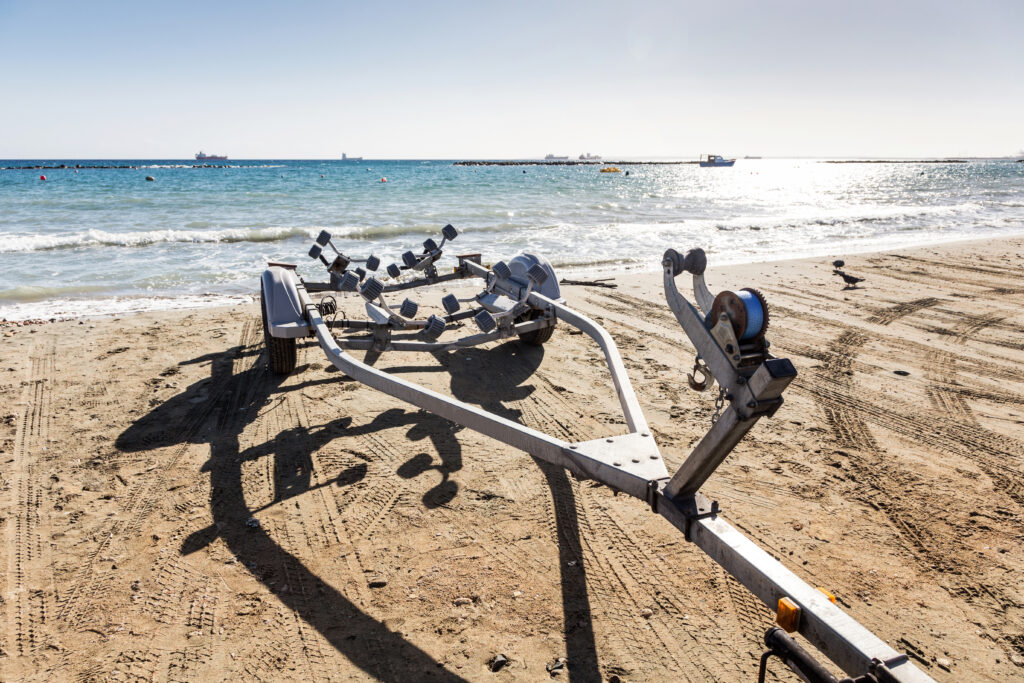Renting out your camper can be a great way to earn extra income, but proper camper maintenance between rentals is essential to keep it in good condition and ensure happy renters. A well-maintained camper not only minimizes the chances of breakdowns but also earns glowing reviews and repeat business.
In this guide, we’ll walk you through essential camper maintenance tasks to perform after every rental, along with long-term upkeep tips to extend the life of your camper and keep it rental-ready.
1. Thorough Cleaning Inside and Out
After each rental, cleaning your camper thoroughly ensures it looks fresh and inviting for the next guest. A clean camper is also crucial for spotting any damages that may have occurred during the rental.
-
Interior Camper Cleaning Tips:
- Wipe down all surfaces, including countertops, tables, cabinets, and appliances.
- Vacuum carpets and seating areas, and mop any hard floors.
- Sanitize frequently touched areas, such as doorknobs, switches, and remotes.
- Clean the bathroom: Scrub sinks, showers, and toilets, and restock toiletries and toilet paper.
- Wash and replace any linens, blankets, or towels provided during the rental.
-
Exterior Camper Cleaning Tips:
- Wash the camper’s exterior, including windows, to remove dust and debris.
- Inspect for mud or dirt buildup on the undercarriage, especially after off-road or campground stays.
- Clean and lubricate the awning to prevent mildew and ensure smooth operation.
Pro Tip: Keep a checklist of cleaning tasks to ensure nothing is missed and streamline the process after every rental.
2. Inspect for Damages and Wear
Regular inspections help catch issues early and ensure your camper stays in top shape. Look for signs of wear and tear or damages that might have occurred during the rental.
-
Interior:
- Check for stains, tears, or scratches on furniture, floors, and walls.
- Test appliances, including the refrigerator, microwave, and stove, to ensure they’re functioning.
- Inspect lights and electrical outlets for any issues.
-
Exterior:
- Look for dents, scratches, or cracks in the camper’s body.
- Check that all doors, windows, and vents are intact and functioning properly.
- Inspect the tires for wear and ensure they are properly inflated.
Pro Tip: Take photos of the camper before and after each rental to document its condition and resolve any disputes about damages.
3. Test All Systems
It’s important to make sure all essential systems are working properly after each rental to avoid issues with future bookings.
-
Water System:
- Test faucets, showers, and toilets to ensure they work and don’t leak.
- Refill freshwater tanks and empty gray and black water tanks if necessary.
- Sanitize water tanks periodically to prevent odors and bacteria buildup.
-
Electrical System:
- Test the battery to ensure it holds a charge.
- Plug the camper into a power source to check that outlets, lights, and appliances work properly.
- Inspect the solar system (if applicable) to ensure it’s charging correctly.
-
Propane System:
- Test the stove, heater, and any other propane-powered appliances.
- Refill propane tanks as needed and check for leaks.
Pro Tip: Keep a record of when key systems were last serviced or tested to stay on top of camper maintenance.
4. Address Any Repairs Promptly
If you notice any issues during your inspection, take care of repairs right away. Minor issues left unchecked can lead to bigger problems down the road, costing you more in repairs and frustrating future renters.
- Common Repairs:
- Patch small tears in the awning or upholstery.
- Fix loose cabinet hinges or door handles.
- Replace blown fuses or faulty light bulbs.
Pro Tip: Develop a relationship with a trusted RV technician or mobile repair service to handle any complex repairs efficiently.
5. Restock Supplies and Accessories
Make sure the camper is fully stocked with essential items before the next rental. Providing well-stocked amenities ensures renters have a great experience and reduces the chance of complaints.
What to Restock:
- Fresh linens, towels, and blankets
- Dishes, utensils, and cookware
- Toilet paper, soap, and other toiletries
- Cleaning supplies (dish soap, sponges, paper towels)
- Trash bags and food storage containers
Pro Tip: Keep an inventory list of what needs to be restocked between rentals to streamline the process.
6. Perform Seasonal Maintenance
In addition to routine upkeep after each rental, perform seasonal maintenance to prepare your camper for different weather conditions and prevent long-term damage.
-
Spring:
- Inspect for any winter damage, such as cracks or leaks caused by freezing.
- Clean air filters and replace them if necessary.
- Test the air conditioning system to ensure it’s ready for warm weather.
-
Fall:
- Winterize the water system to prevent pipes from freezing.
- Inspect the roof and seals for any leaks or cracks.
- Store the awning properly and cover the camper if it will be idle during winter.
Pro Tip: Create a maintenance calendar to keep track of seasonal tasks and ensure your camper is always rental-ready.
7. Keep Documentation and Records
Maintaining detailed records helps you stay organized and on top of camper maintenance tasks, making it easier to manage your rental business.
What to Document:
- Dates of cleaning, inspections, and repairs
- Records of water tank flushes, propane refills, and tire replacements
- Maintenance logs for key systems (electrical, plumbing, etc.)
- Photos documenting the condition of the camper before and after each rental
Pro Tip: Use a spreadsheet or rental management app to keep all your documentation in one place for easy access.
8. Set Clear Expectations with Renters
To ensure your camper stays in good condition, communicate expectations with your renters before and during their rental period.
- Create a Rental Agreement:
Outline rules for using the camper, such as no smoking, pet policies, and tank emptying requirements. - Provide a Quick Guide:
Include instructions for operating key systems and troubleshooting common issues. - Remind Renters to Report Issues:
Ask renters to inform you of any problems during their trip so you can address them promptly.
Pro Tip: A clear set of guidelines helps renters take better care of the camper and ensures smoother operations for you.
9. Store Your Camper Properly Between Rentals
If there’s a gap between rentals, proper storage will keep your camper in good condition and ready for the next renter.
- Protect from Weather:
If possible, store the camper under a covered area or use an RV cover to shield it from the elements. - Keep Batteries Charged:
If your camper has a battery, use a trickle charger to maintain its charge during storage. - Ventilate the Interior:
Leave a window or vent slightly open to prevent moisture buildup and odors.
Pro Tip: Perform a quick inspection before each rental, even if the camper has been stored for a while, to ensure everything is in working order.
Final Thoughts: Keep Your Camper in Great Shape for Every Rental
Regular camper maintenance and care are essential to running a successful travel camper rental. By following these steps after each rental—cleaning, inspecting, restocking, and performing necessary repairs—you’ll keep your camper in top shape and attract more renters. A well-maintained camper means fewer breakdowns, happier customers, and more 5-star reviews.
With your camper in excellent condition, you’ll be ready to welcome new renters and ensure every adventure is smooth and enjoyable. Take care of your investment, and it will continue to generate income and positive reviews for years to come!







